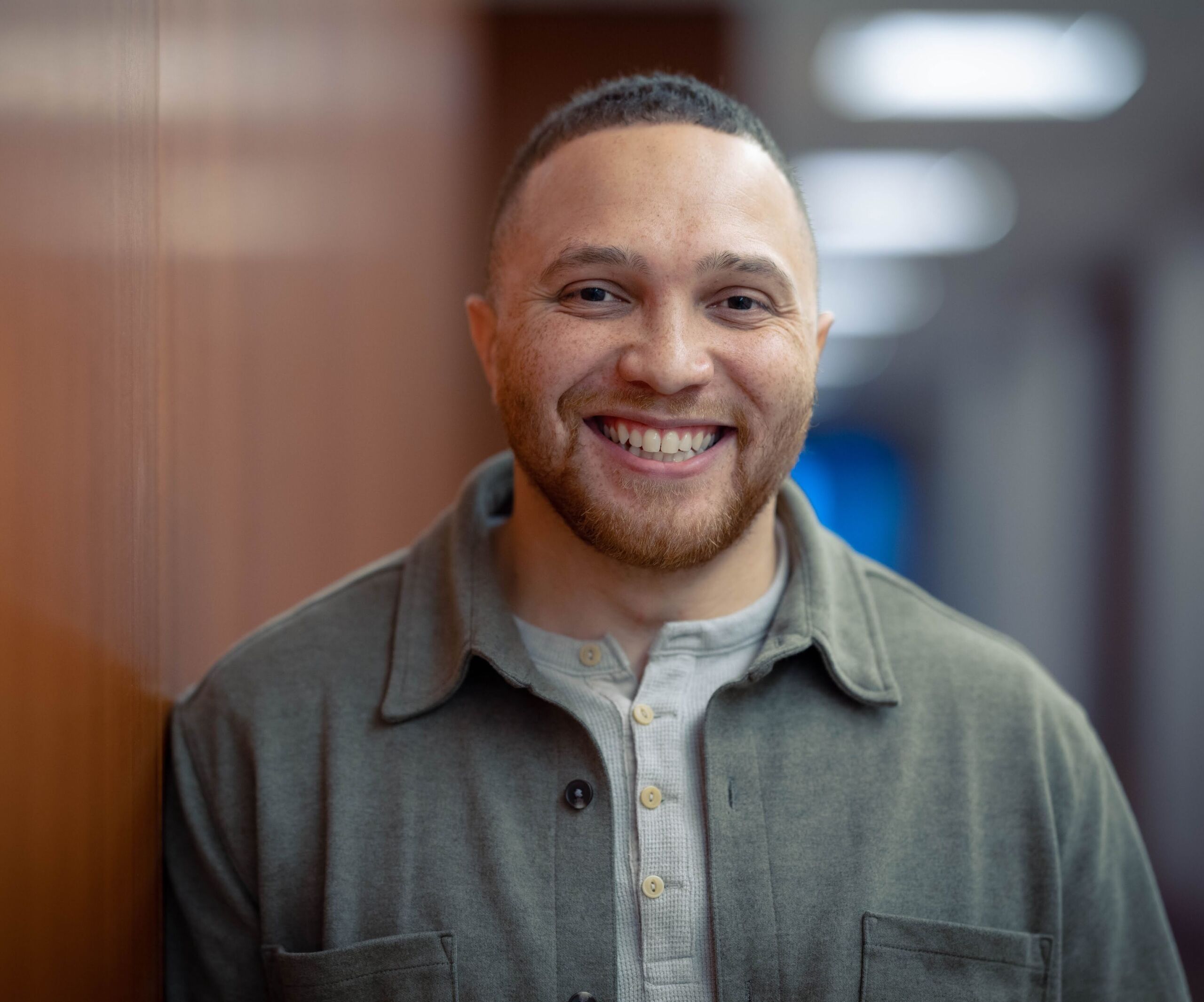As AI becomes more prevalent in the legal space, one startup is taking advantage of the tech revolution by putting access to attorneys in drivers’ hands — or perhaps, their cars
The increasing introduction and use of artificial intelligence (AI) in the legal sphere comes with a number of different potential positive outcomes: more accurate research, streamlined workflows leading to more efficient interactions, quicker case outcomes coming from automation, and more. Perhaps chief among AI’s impact on the legal industry, however, is its impact on access to justice.
One of the main goals of AI is to allow attorneys to do more with less. By not needing to spend as much time on tasks like client intake, communication, scheduling, research, and even business development, attorneys are freed up to spend more time conducting actual lawyering. This could mean spending more time on time on current matters, of course; but for many, AI could lead to picking up more clients than ever before. The result downstream is that lawyers will be better able to serve clients that never would have been able to acquire an attorney before, as supply begins to catch up to demand.
In practice however, this remains theoretical for many attorneys, especially for those just beginning to explore what AI means in law and find tangible examples of how technology is closing the justice gap. Luckily, there are a number of startups aiming to do just that, utilizing AI technology to create new ways of putting lawyers directly where their clients need them most.
One of those startups is aimed squarely at an underserved but critical market: Individuals who are pulled over for traffic stops but don’t have legal representation. Meet TurnSignl.
Attorney in the passenger seat
TurnSignl is an app that wants to “put an attorney in the passenger seat” of as many cars in the United States as possible. First, a driver downloads the app to their phone, and then, upon being pulled over or after an accident, the driver can launch the app, which starts recording through the phone’s front-facing camera. An attorney appears on the screen to help guide any interactions with law enforcement or other parties, then provides guidance on future action if needed. The entire interaction is stored in the cloud, only able to be accessed by the user.
The app is available to individuals on a subscription basis, and TurnSignl also makes itself available as a workplace benefit for small businesses or enterprise teams. For attorneys wishing to work with drivers in these cases, TurnSignl also offers a subscription rate for access to the platform; however, there is free access offered to attorneys in emerging markets. TurnSignl is available in all 50 states, although attorneys need to be licensed in a particular state to be connected to drivers in that area.

The company started in 2020, but the impetus for the app goes back even further, says Jazz Hampton, TurnSignl’s CEO and general counsel. Hampton and co-founders Andre Creighton and Mychal Frelix live in the Twin Cities metro region of Minnesota, where in 2016, a police officer killed Philando Castile during a traffic stop just outside of St. Paul. Creighton and Frelix had grown up playing sports with the Castile family and felt their devastation firsthand. Then, particularly after the 2020 police killing of George Floyd, the three felt something needed to be done to practically provide people in need of help a way to reach a solution.
“The connection was really personal and deep-rooted for us to build a solution that we thought was pragmatic and realistic,” Hampton explains, adding that if it were a few years earlier, the team may have focused on a hotline to connect people with attorneys. But the pandemic shutdown proved “the level of personal connection that comes from videos,” he says.
A former large law attorney and public defender himself, Hampton notes that people if are going to use a legal tool — and crucially, to trust the attorney on the other end — being able to know who they’re talking to is paramount. “We have a retired judge from Minnesota on the platform, and he answers the most calls of anybody,” Hampton says. “If you’re there, and there’s a retired judge looking you in the eye and giving you peace of mind to guide you through it, it just means so much. It’s a huge difference.”
Hampton also says that he hopes that video calls through the app create more of a personal connection between attorneys and clients. He’s aware of the public perception of attorneys as disconnected — indeed, he jokes that in his first year after leaving large law, “my co-workers were like, will you relax with your weirdly formal emails?” Particularly for an audience that may not have as much experience with the law, Hampton says he wants users to be able to trust their attorneys’ knowledge, but not be put off by the process.
The dashboard of the future
One issue that some technologies and attorney marketplaces have run into is a chicken-or-the-egg problem: Users don’t want to download the app if there aren’t enough relevant attorneys; and attorneys in turn, don’t want to be a part of the platform if there aren’t enough users. Hampton says that particularly for the type of law that TurnSignl aids, the only way to overcome this issue was to grind it out, knocking on a lot of doors and making a lot of cold calls.
“It’s a lot easier to build a network. You can go to one firm that has a presence in all 50 states and do so in an easier manner,” he explains. “When it’s the type of work that we’re doing, it’s smaller firms, it’s solo practitioners, it’s retired attorneys that still want to do the work.”
However, it seems that grind is working. Within three years, TurnSignl has expanded from starting in Minnesota and Georgia, to availability in 21 states in 2022, to availability in all 50 states by the end of 2023. TurnSignl has also established business partnerships with companies, including the NFL’s Minnesota Vikings, to help grow the company’s reach. (The Thomson Reuters Social Impact Institute also counts itself among those partners, with a grant made to the TurnSignl Foundation in August 2024.)
A former large law attorney and public defender himself, Hampton notes that people if are going to use a legal tool — and crucially, to trust the attorney on the other end — being able to know who they’re talking to is paramount.
Even with those partnerships, however, it is perhaps a more technological change that could portend the future of the company. Indeed, one of the growth constraints right now is simply getting users to download the app to their phone, Hampton contends, adding that a lot of the team’s current work is on user experience and making the app as accessible as possible.
In the future, Hampton notes, that accessibility could even include making the app available on car displays. To that end, and through Google’s Black Founder accelerator, the TurnSignl team has connected with car manufacturers in Detroit about integrating the app into car dashboard displays. TurnSignl has developed a vehicle-specific app that is now undergoing testing.
“People aren’t willing to pay for heated seats or silly things like that, but what they are willing to pay for safety and security futures,” Hampton says. “And what better way to feel confident about handing the keys to your 16-year-old daughter or feeling more confident when my wife is driving to work early in the morning, than knowing that an attorney can be there on the screen with them whether they’re pulled over or in an accident in that moment.”
That, perhaps, is the true future of AI-enabled access to justice — not just availability for all, but accessibility for all. The ultimate goal of the company is to be “the next version of OnStar, and we should be able to be in every car no matter what,” says Hampton.
As AI and new technologies become more accessible, expect more companies like TurnSignl to embrace access to justice by not only helping lawyers free up more time for more clients, but by putting them where clients need their help the most.
You can learn more about how technology can improve access to justice here.







